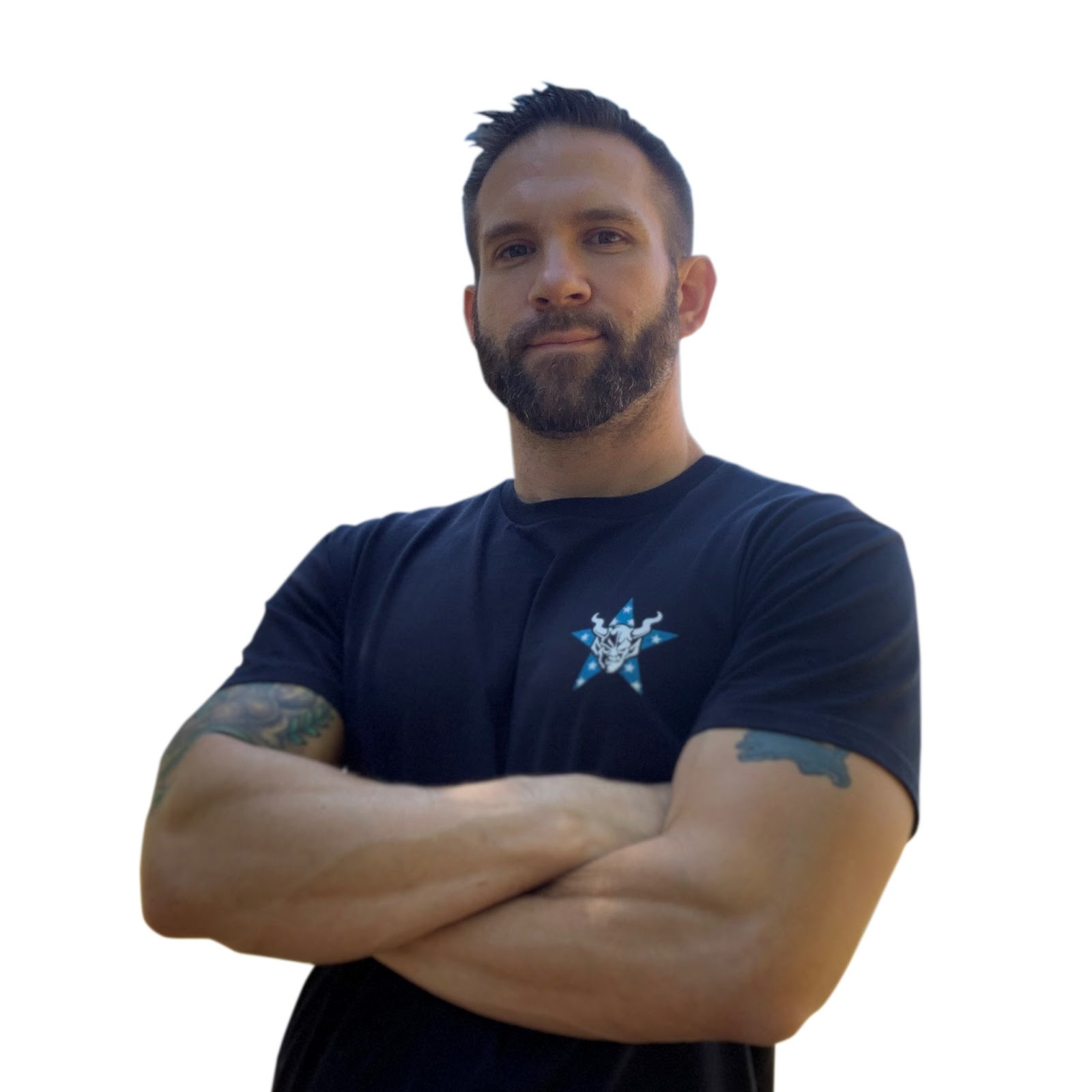
People often bring up the widespread use of smartphones when discussing the members of Gen Z, stating that digital comfortability is what separates the newest generation from previous ones. While this is backed by concrete evidence and has legitimate reasoning, there’s another factor that is underrepresented when discussing the uniqueness of Generation Z. Fatherhood has steadily been changing over time due to economic influences, medical breakthroughs, and geographical movements. Infants of 2021 can expect to be raised by more active dads compared to a century ago, a period where fathers were preoccupied with the Great Depression and the social chaos it created. While it’s clearly illustrated that the role of fatherhood has changed progressively over the years, it brings into question how this pandemic will change the movement. Harvard research reports that 70% of fathers felt closer to their children during COVID-19 due to being able to work from home and have easier access to communicate. While this is great news to hear, there’s the potential setback when companies begin to recall employees back to their offices. What has this balance between work and parenting looked like and what changes in the corporate environment will be needed for families to thrive in a post-covid climate? I reached out to Jason Priest, the founder and CEO of Dad Bod Health, to discuss being a working father.
The Global Dad Survey, issued by Suit Tie Stroller, illustrated that 41% of dads were working more hours during COVID-19. Can you explain the responsibilities you have had to juggle during this pandemic and are you confident that companies will start accommodating more flexible schedules?
So I’ll tell you one of the challenges that we’ve had is especially now, with no more masks starting Wednesday. We had to make a huge decision when my son was starting school. My oldest son started kindergarten this year and his elementary school was actually right down the street from us, like walking distance and we were all excited about it. We wanted him to go to big boy school because he’s been going to the same daycare for five years now and the reality is, it’s a safe place. We love his daycare but we were ready for him to kind of branch out. He’s been with the same kids and he’s been babied and we had to make a big decision because we didn’t know when his school would open. Our daycare came in because I have a business to run and my wife is a pharmacist. There’s no slowing down in our family. I work from home, but I could not have my son and then my infant son at home with me and still run my business. Our daycare came in and offered us to start a private kindergarten because of this, where they brought in a teacher to come do this and they only accepted around 12 kids.
I want him to be safe and have a good learning environment and so it was a no brainer in terms of the financial aspect, but I wanted them to branch out, but because of the uncertainty of when that was going to be able to happen we pulled the trigger on the private kindergarten and that’s what we had to do. For us the second challenge was what are we going to do for entertainment? We were big restaurant people. We love to go out to eat because as parents of two young kids there’s just not a whole lot you can do especially with a baby and so going out to eat is a big source of entertainment for us and with restaurants locked down and we started to feel that being cooped up kind of thing. And so it affected us a lot less than some other people, but if you’re asking for my personal experience, that’s definitely some of the challenges that we’ve had.
I believe the reality is that so many companies now see that their employees can be just as productive at home as in the office. I believe that we’re going to see a shift towards more of that. You rent out these expensive buildings for office space and then the pandemic hits and your level of productivity doesn’t go down and maybe it even improves that’s pretty eye opening and I think what you have to realize is if companies can come in and save a dollar, they’ll naturally go towards that route.
The American Psychological Association has noted that stress levels are severely impacting parents compared to non-parenting couples. The average stress score for parents of children under 18 is 6.7 on a scale of 10. Can you speak on the unique factors that can lead into a father’s stress during this pandemic and do you think mental health will become a larger topic amongst fathers moving forward?
I don’t know if it will, but I absolutely think that it should. Our suicide rates in this country are at an all-time high and I don’t think that’s getting enough attention. Right now all people have is the internet and social media, because a lot of these states are completely shut down. There are people that literally haven’t left their house in nearly a year. Humans are meant to be social, we are meant to communicate. There’s a reason why the worst place you can go when you go to prison in solitary confinement, it’s mentally draining and it will destroy you. And so that’s essentially what a lot of people have been faced with, is borderline solitary confinement. And I think that there needs to be a much bigger emphasis on mental health, but the reality is we are at a place right now where prior to the pandemic the obesity epidemic was the most pressing need in our country when it comes to health. It’s projected by the year 2030, that 50% of our country will be obese. I think we’re actually going to get there by 2025, because we’re already at close to 43%. This pandemic has killed a lot of people, but if our government truly cared about our health wouldn’t we be making a bigger push to cure or fix the obesity epidemic first.
There’s not a lot of young, healthy people that are dying from COVID. We wouldn’t have the obesity epidemic because we would be way more focused on improving nutrition and improving the educational content at the youth level. Now, the childhood obesity epidemic is extremely sad. I know that you’ve gone to the grocery store and seen kids that are more overweight than their parents and so coming back full circle to your question, will mental health be a bigger focus? Maybe for health and wellness based companies who see the true value of that, but at the end of the day, does our government truly care enough to address it because they certainly haven’t addressed the thing that’s leading to the majority of deaths in our country. So why are they going to suddenly care about mental health?
The media has focused primarily on the struggles of working remotely as a parent, but there are currently 42 million parents in the United States who haven’t had the opportunity to work from home. Do you see any major differences between telecommuting fathers and workplace fathers and are there different struggles for both?
Working from home and going into work have a mentality that is vastly different. If you’re a work from home person and you’re also trying to homeschool kids, one could argue that that’s significantly more challenging than somebody that’s going to the office or into a retail store, like you said. The flip side though, is those people that are having to go into work what’s happening with their kids, right? If their kids are having homeschool as well, there’s been a lot of people out there that have had to have the form like the parent pods, where one parent is helping homeschool while the other ones go to work. There’s some systems that have had to be implemented like that to even get these kids the education they need while this thing is going on. I think both situations are challenging, just thinking from my own experience. Again, going back to what I originally told you, there is zero chance that I would be able to run my business, do everything that I need to do and have my kids at home. I have a seven month old and an almost six year old. It’s not even fathomable to me to think that that could be possible. So the people that are working from home, I can relate to that a lot more because I think about myself in that situation. But then you have the factor of going into a retail store and potentially being concerned about being exposed to the virus because of all the people that are coming in the store on a day-to-day basis.
The share of fathers who were employed in September 2020 was noticeably lower compared to September 2019, as reported by the World Economic Forum. You also have stories of fathers who have reported that even though they were allowed six weeks of paternity leave, they only used about two. Do you foresee any potential career risks or prejudices that are held against working parents in the corporate environment?
I’m in the work from home environment and with my business I’m so laser-focused and so busy on my task at hand, which is changing the lives of the guys that come into our circle. It’s one of those things where I’m sure that there’s some situation out there that absolutely exists but I personally can’t speak to it because I have not seen anything about it. I’m so in my own zone and I try to stay in my own world. I talk to my wife often about trying to avoid as much social media because of all the negativity that is on there. And so I think my personal experience, Twitter is the absolute worst. I can get on Twitter and within minutes, find myself down a rabbit hole that is just angering me to my core and I’m like, wait a minute, I can choose not to read this and not be angry anymore. So I think I’m going to do that but it’s easier said than done, obviously. So I can’t speak to it, but I’m sure it exists, man.
A partnership between CNBC and Catalyst has discovered that 60% of senior-level mothers and fathers were concerned about the uncertainty behind schooling. Do you have worries about how children will grow up in a climate where kids have limited social interactions?
That’s a great question and my hope is that there isn’t a long-term change. I believe that we’re starting to slowly work ourselves out of this. I do think this one year… I think it’s all going to depend on where the children live. If you are in California or in New York and you are completely locked down, I could see that potentially having long-term detrimental effects. There is so much growth and development that happens in early childhood at different stages that if that was impeded at all, then I definitely think that could potentially lead to some long-term development and social and communication issues. But then, you got kids in Texas or States that aren’t left and more right, that are more open, Florida, for example they might’ve had to wear masks or something for a year, or they might’ve had to go to a different school, like my kid did, or maybe they were homeschooled for a few months and then their school opened up. Like that situation, I doubt there’s going to be much long-term effect. I know that they’re going to remember, right. Hey, you remember that year we had to wear masks and a lot of people died. I think that’ll be remembered, however, I also I think that those two situations that I just presented to you and there’s all kinds of different scenarios, but those two situations, I think child A that was in a state where they were locked down and still are versus child B who was in a state that was more open I think you would see significant differences in potential long-term effects, if that makes sense.

